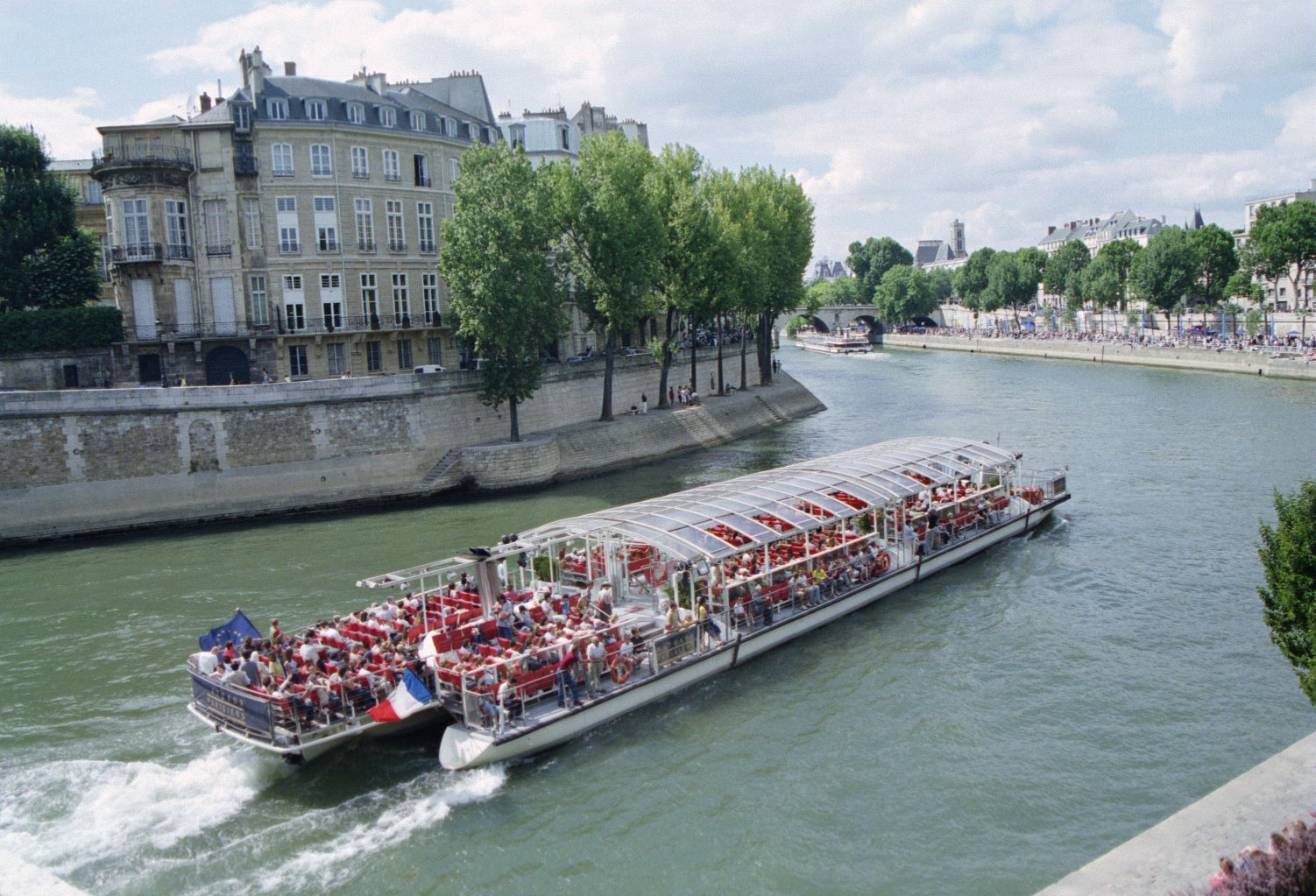From this topic's title, I think the first question is more important then the second one: Should it be built? My answer is no, and my main reason for this is that with a huge amounts of verifiable evidence and the agreed consensus of the scientific world, we are undeniably sure that human activities are causing global warming; and aircraft are amongst some of the worst offenders around.
The world's 16,000 commercial jet aircraft generates more then 600 million tonnes of CO2 a year, and the air travel business is growing. That 600 million tonnes generated from aviation is almost as much CO2 that is annually produced from all human activities in Africa. If aviation continues to grow at the current rate then it will account for half of what the government thinks is the most the UK should be emitting by 2050.
The problem of Global Warming is not going away and if not dealt with, it will eventually make the world inhabitable. I know this sounds melodramatic, but it is true. So no, any expansion of the current air travel system would be lunacy. If anything, we need to be curtailing our wasteful use of aeroplanes. We need to promote alternatives like the already increasing practice of international business meetings being conducted through video conferences, and there is no excuse for non-international flights.
Of course air travel is just one problem within the climate crisis, and many other steps also need to be taken, but if we let this slip, this could be a disaster for the environment.
The world's 16,000 commercial jet aircraft generates more then 600 million tonnes of CO2 a year, and the air travel business is growing. That 600 million tonnes generated from aviation is almost as much CO2 that is annually produced from all human activities in Africa. If aviation continues to grow at the current rate then it will account for half of what the government thinks is the most the UK should be emitting by 2050.
The problem of Global Warming is not going away and if not dealt with, it will eventually make the world inhabitable. I know this sounds melodramatic, but it is true. So no, any expansion of the current air travel system would be lunacy. If anything, we need to be curtailing our wasteful use of aeroplanes. We need to promote alternatives like the already increasing practice of international business meetings being conducted through video conferences, and there is no excuse for non-international flights.
Of course air travel is just one problem within the climate crisis, and many other steps also need to be taken, but if we let this slip, this could be a disaster for the environment.




